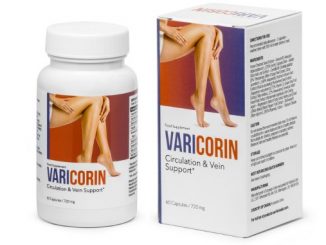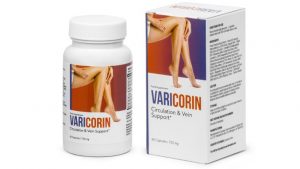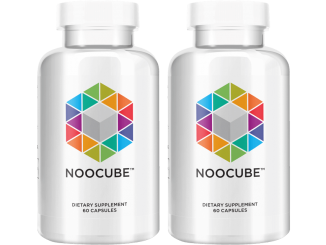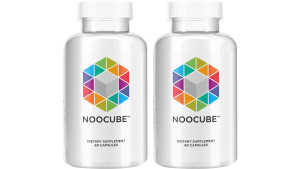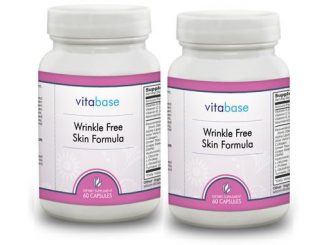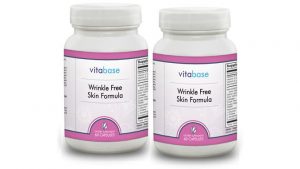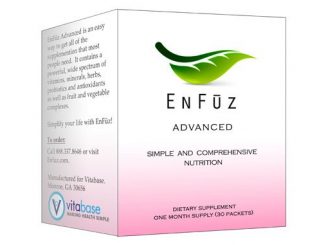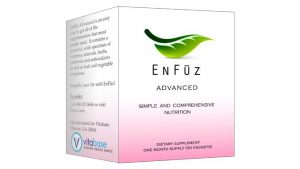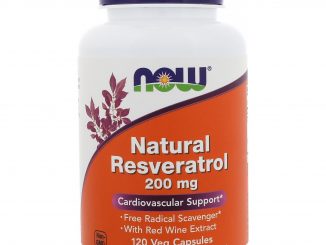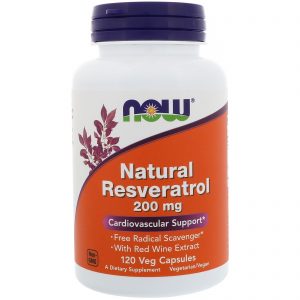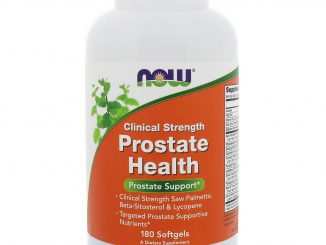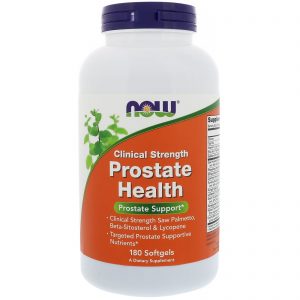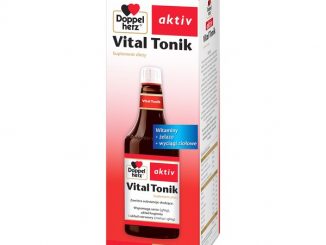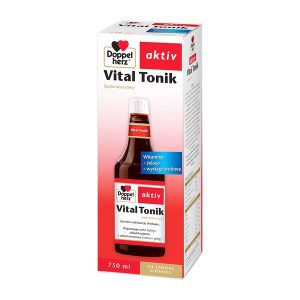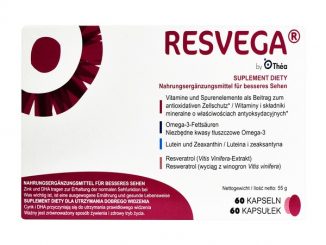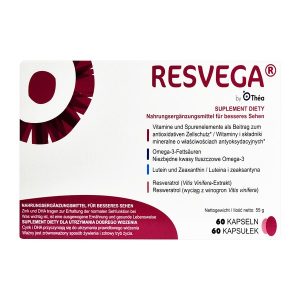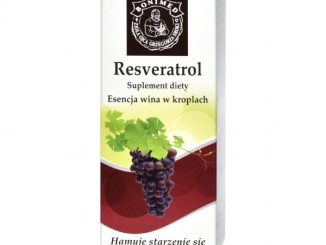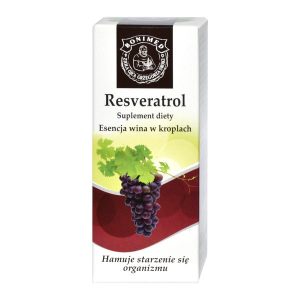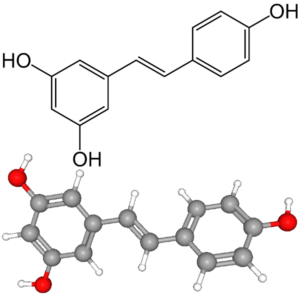The properties of Resveratrol
Resveratrol is a stilbenoid, a type of natural phenol, and a phytoalexin produced by several plants in response to injury or, when the plant is under attack by pathogens such as bacteria or fungi. Sources of resveratrol in food include the skin of grapes, blueberries, raspberries, mulberries, and peanuts.
Pathological stimuli-induced smooth muscle cell proliferation, vascular remodeling, and arterial stiffness can be ameliorated by resveratrol. In addition, resveratrol also modulates immune cell function, inhibition of immune cell infiltration into the vascular wall, and improves the function of perivascular adipose tissue.
Findings from numerous preclinical experiments and clinical trials in humans suggest that resveratrol may play an important role in managing or preventing a variety of diseases. Some of the health benefits include cardioprotective effects; chemopreventive properties; metabolic changes, such as improved glycemic control; protection from diabetic consequences; and synergistic therapeutic effects when administered with other treatment modalities. Resveratrol has been found to be safe and reasonably well tolerated in humans, with mild to moderate gastrointestinal side effects.



























































